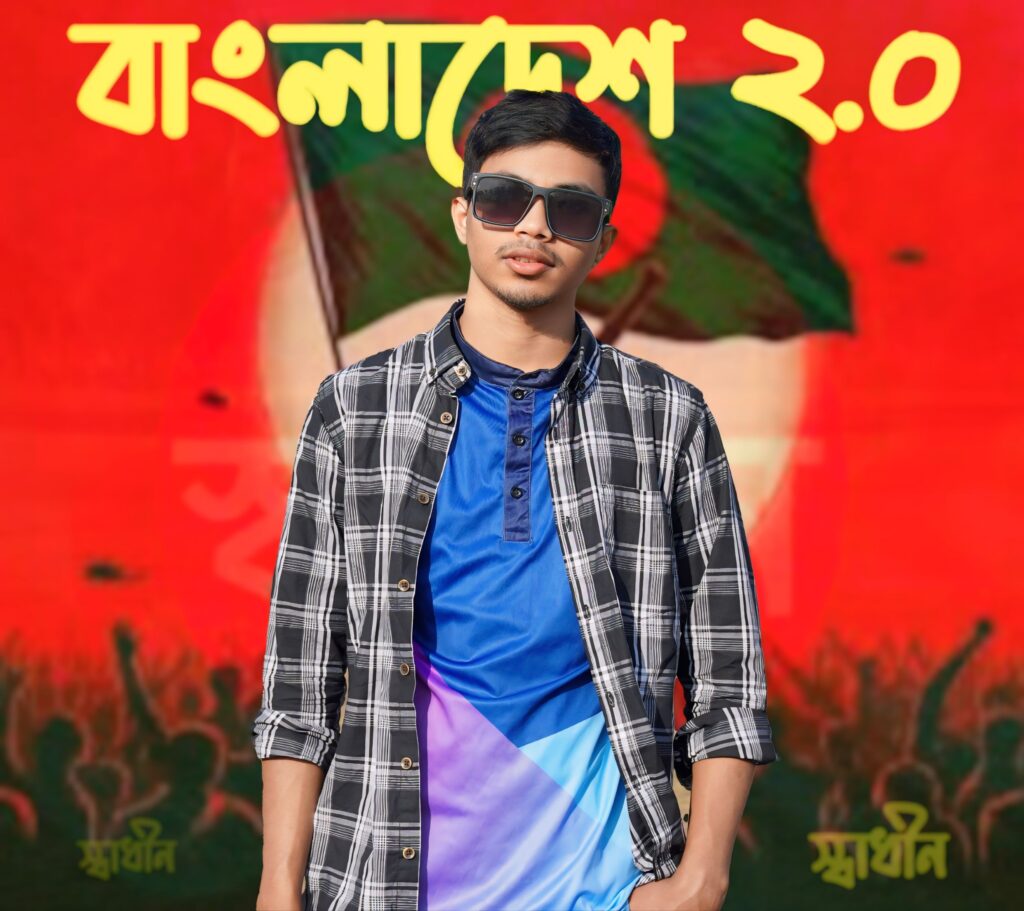The concept of “Bangladesh 2.0″ can be seen as the beginning of a new chapter, where a call for change at all levels is made with the goal of establishing a progressive, inclusive, and just society. In this dynamic context, especially with a revolution led by students and supported by the reformist segments of society, it is time to rethink the possibilities for Bangladesh’s future.

The proposal for an interim government led by Dr. Muhammad Yunus and his call for a new direction for the country could be crucial. According to this proposal, a new social contract could be established, focusing on justice, moral values, and responsible citizenship at both individual and societal levels.
In this process, several key questions arise:
- Social Contract: Are we ready to call for a new social contract that establishes justice and inclusive policies at every level of our society?
- Decolonizing the Mind: Are we prepared to free ourselves from traditional mindsets and adopt new perspectives?
- Narratives of Violence: Can we commit to avoiding the culture of violence and fear, and instead build a peaceful and morally strong society?
1. Education and Technology:
A strong education system is necessary for the future leadership of Bangladesh. We must restructure our educational institutions to develop students not just for passing exams but as thoughtful, creative, and technologically capable citizens. To secure a position in a technology-driven society, digital literacy and the promotion of innovative thinking are essential.
2. Economic Inclusion and Sustainable Development:
The backbone of Bangladesh’s economy is small and medium enterprises and the agricultural sector. Under “Bangladesh 2.0,” economic policies must prioritize inclusion and sustainable development. Empowering marginalized communities financially and providing training for women entrepreneurs and youth to integrate them into the mainstream economy is essential. Additionally, our economy must emphasize green technology and renewable energy.
3. Good Governance and Moral Values:
Good governance is crucial for Bangladesh 2.0. This involves establishing transparency in administration, accountability, and the rule of law. We need to take a strong stance against corruption and promote moral values in both the public and private sectors. At the same time, we need to build a moral foundation that upholds justice and integrity in social and personal life.
4. Social Cohesion and Equality:
To establish a just society, equal opportunities for all classes of people must be ensured. This includes taking special initiatives to eliminate social, economic, and gender-based disparities. In this new society, every citizen’s voice will be heard, and everyone will be valued equally.
5. Environmental Protection and Climate Adaptation:
Bangladesh is highly vulnerable to the effects of climate change. The goal of “Bangladesh 2.0” must be environmental protection and climate adaptation. Prioritizing sustainable agriculture, afforestation, and environmental policies is crucial for building a sustainable future.
6. Change in Mindset:
Finally, a new mindset is necessary for this new era. We must break free from the “narrative of fear” and cultivate a culture of trust and cooperation among one another. Our education system, media, and social context should foster an environment where violence, segregation, and discrimination are avoided.
Preparing for Bangladesh 2.0 means creating a world of new possibilities where equal opportunities, justice, and sustainable development are ensured for all. This is not just the responsibility of our leadership and administration, but every citizen has a role to play in shaping this new Bangladesh. To build a better society, active participation, awareness, and commitment are essential on the path of this transformation.
4o
